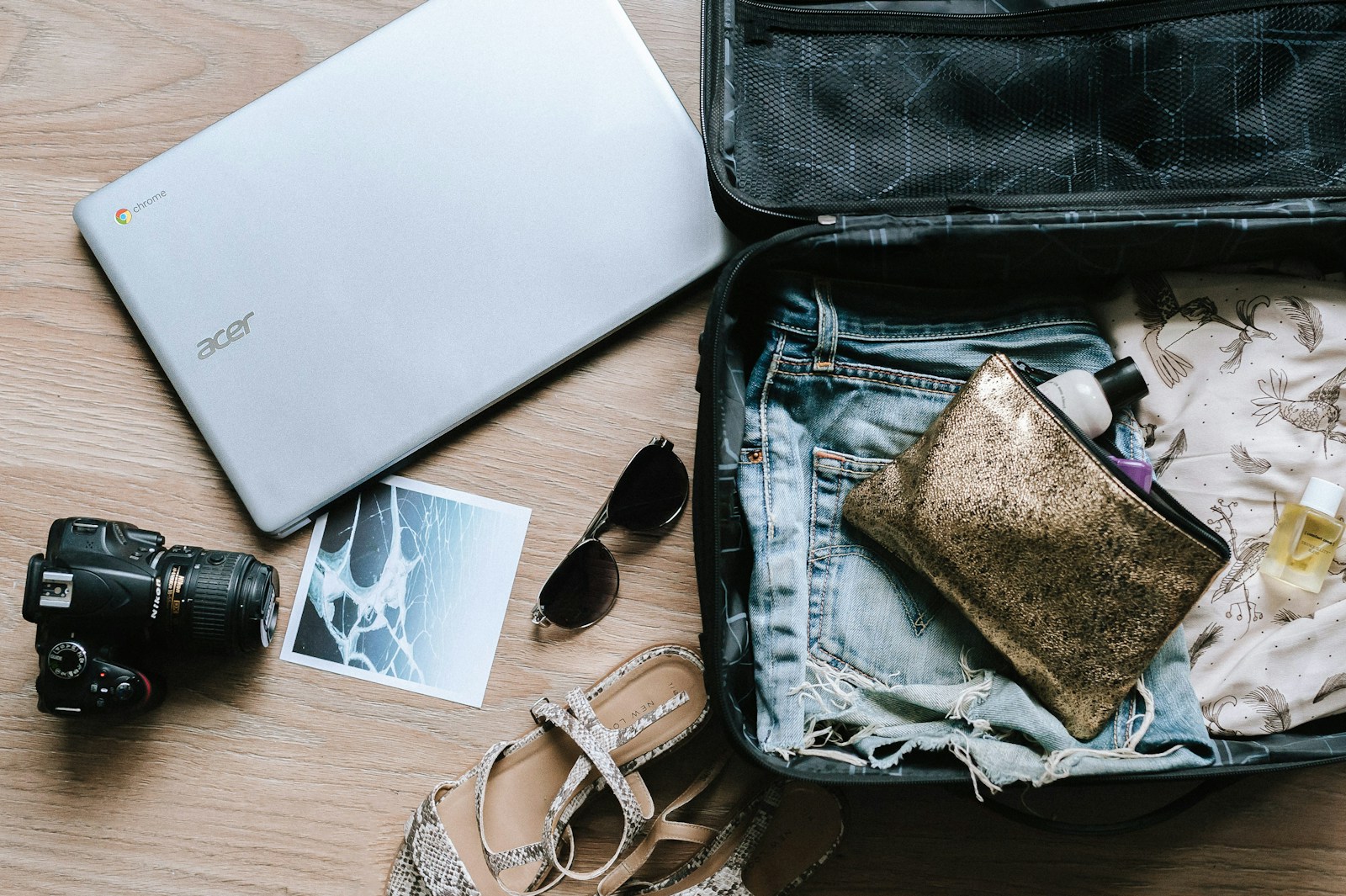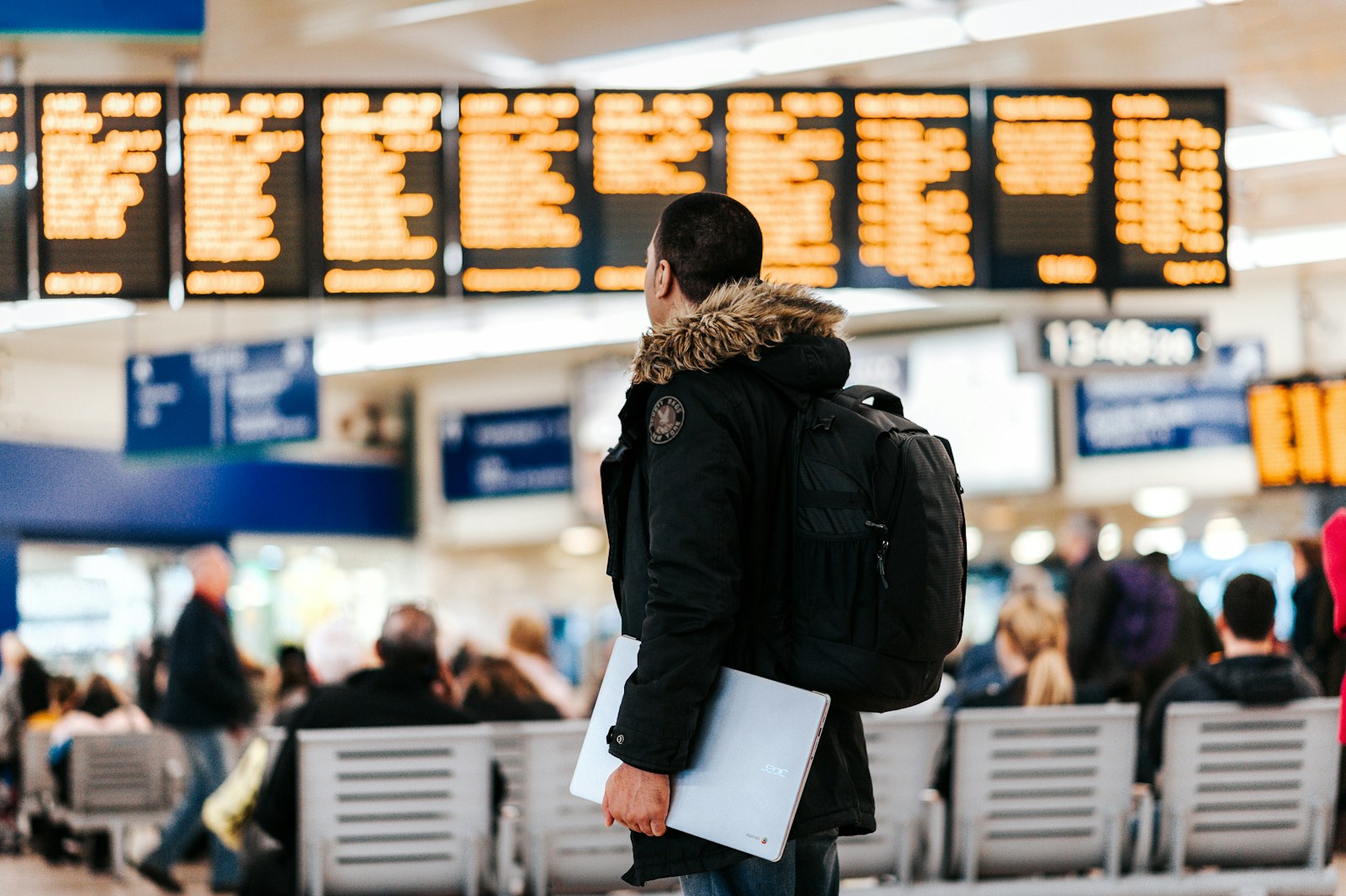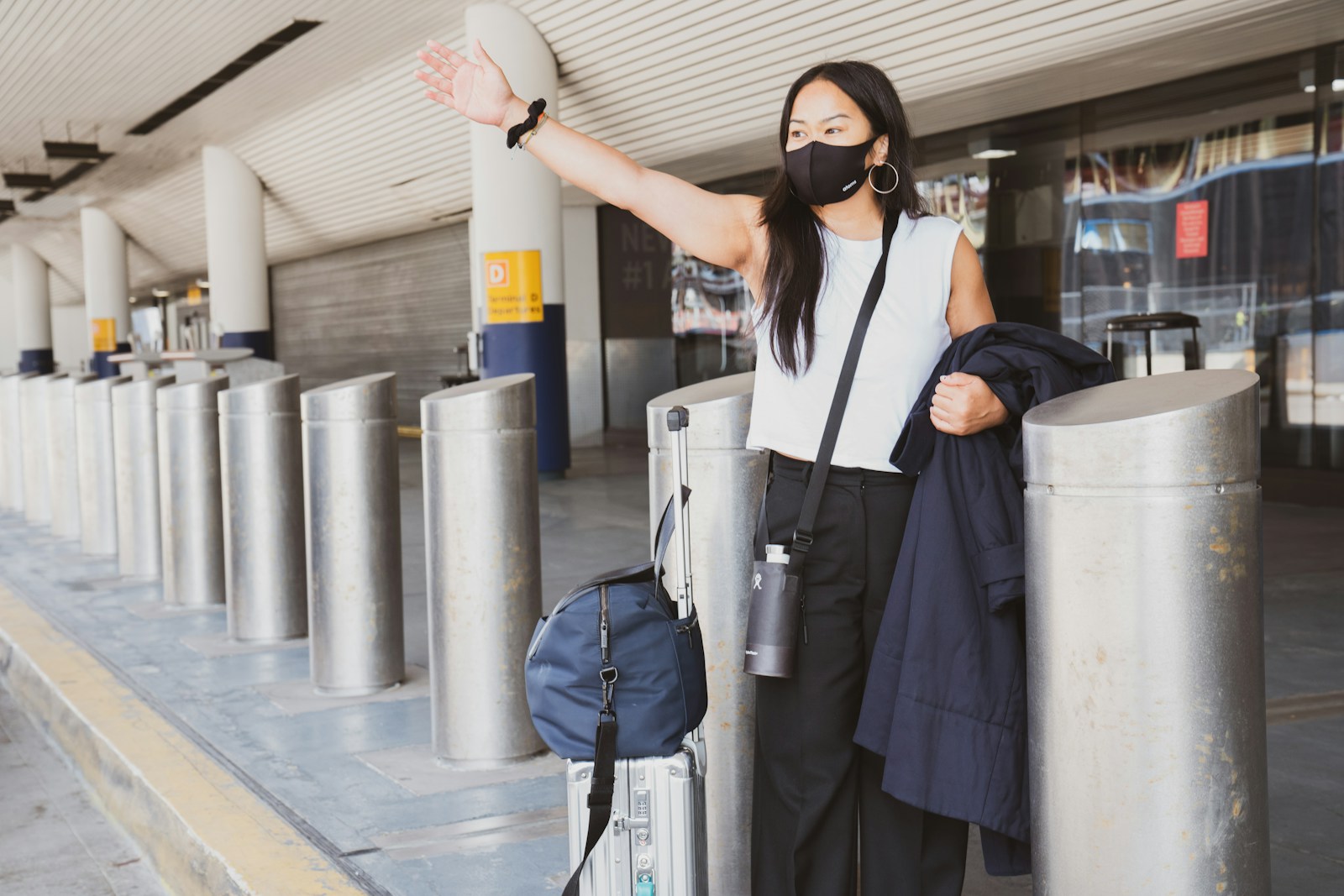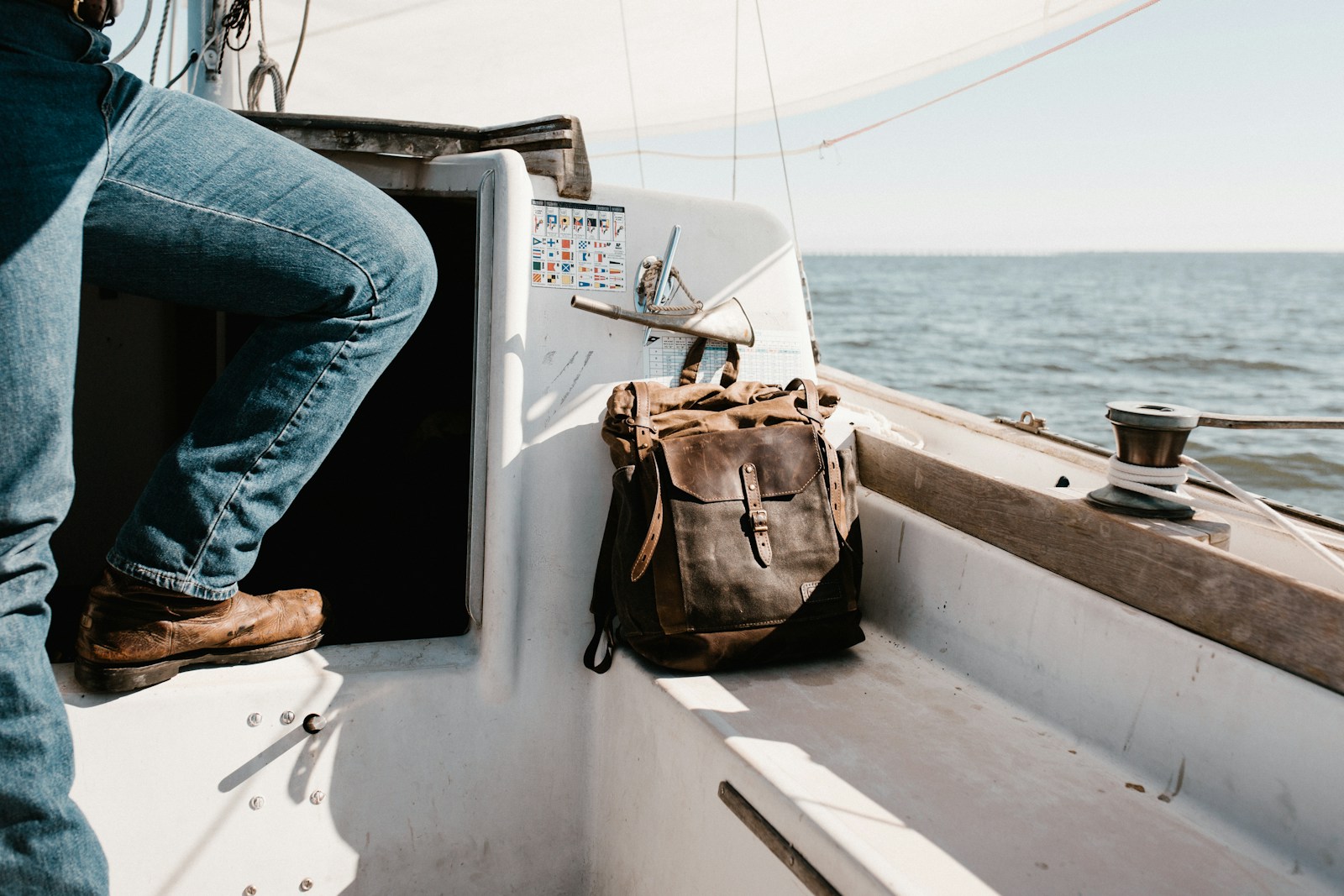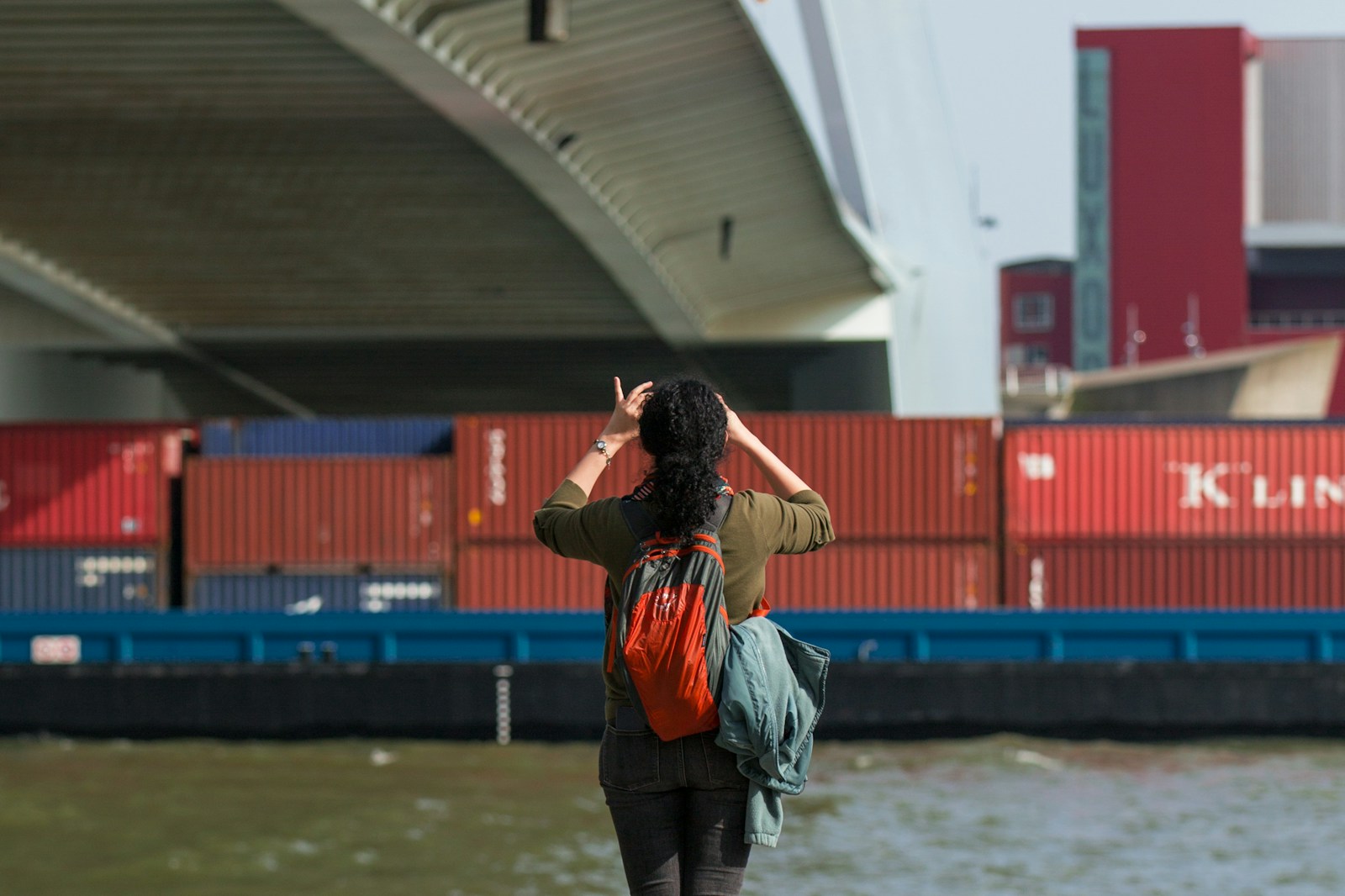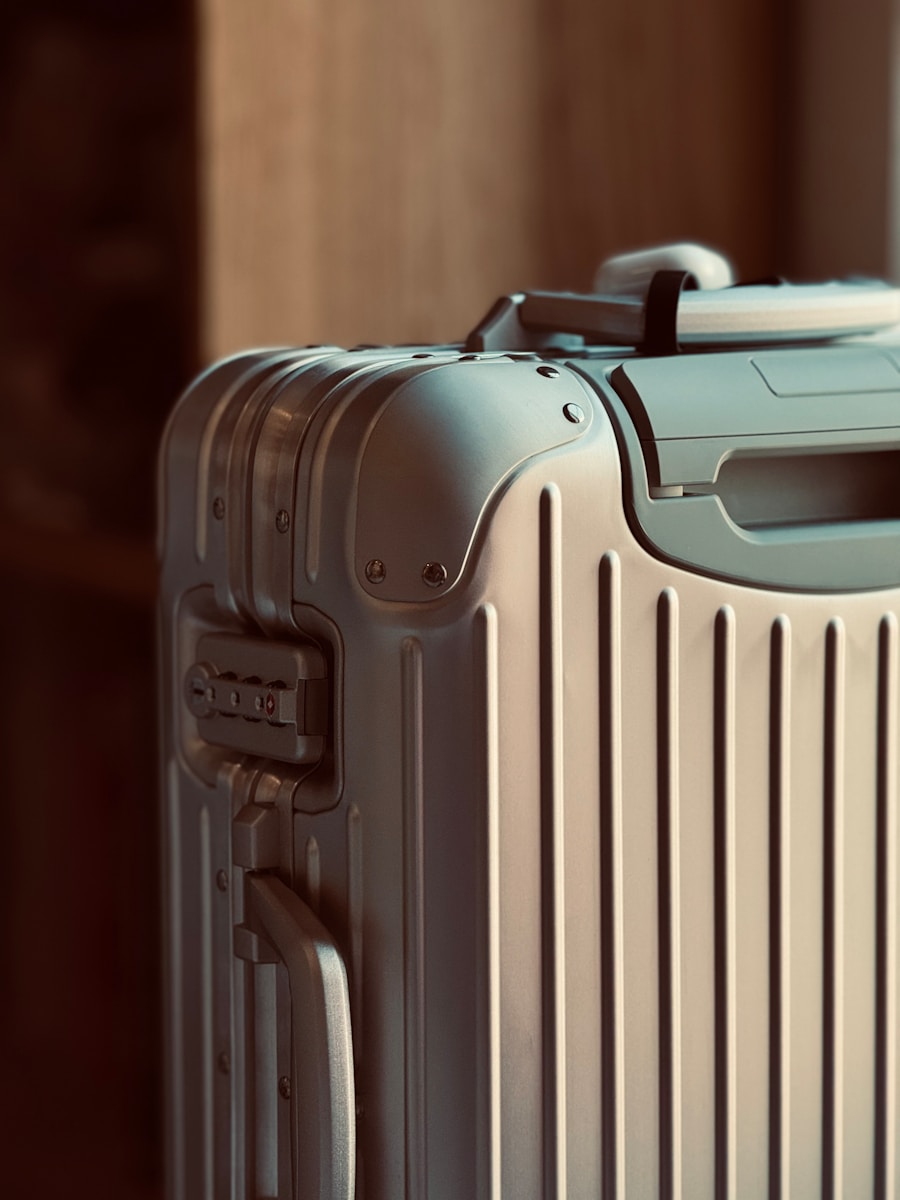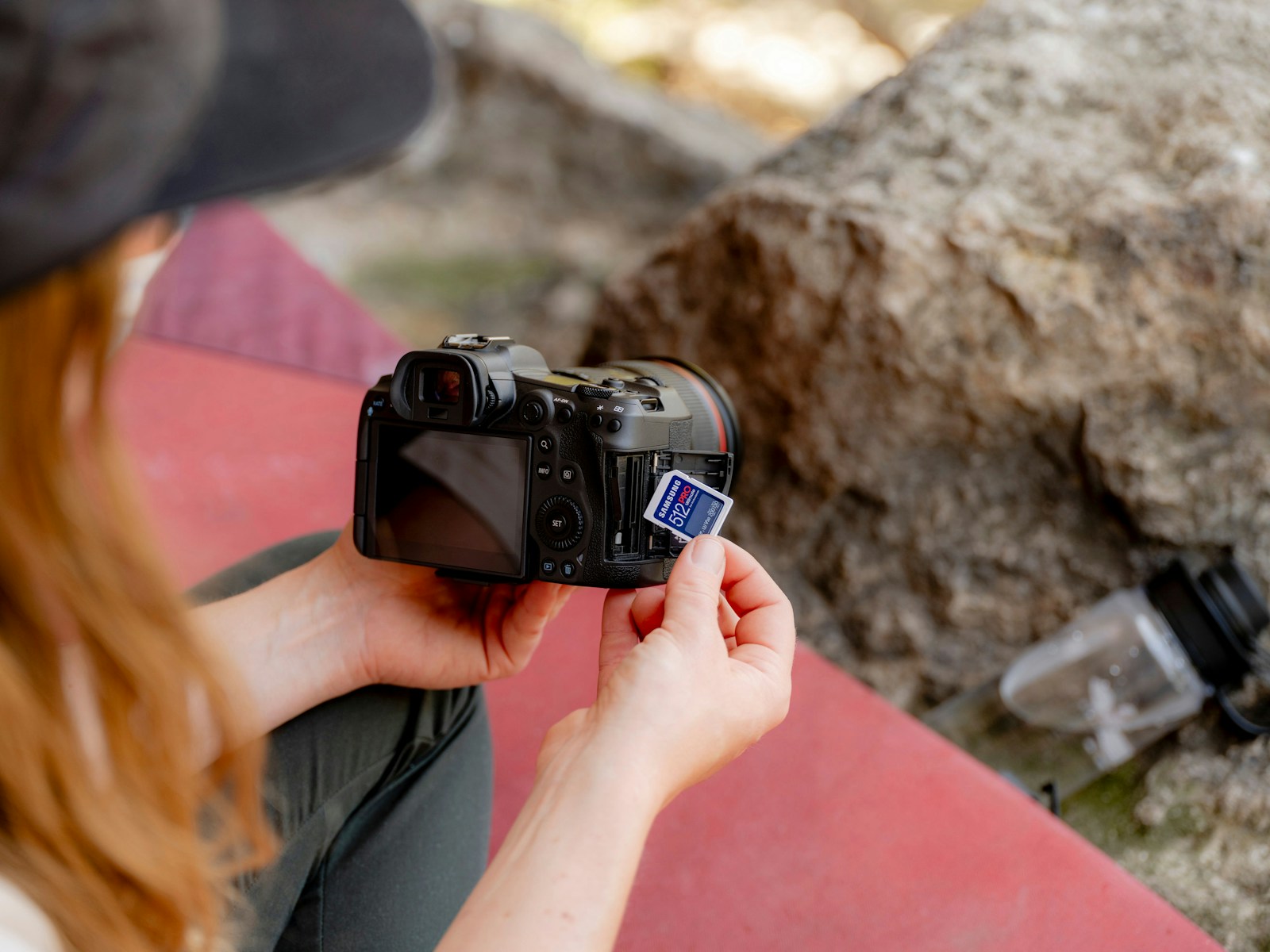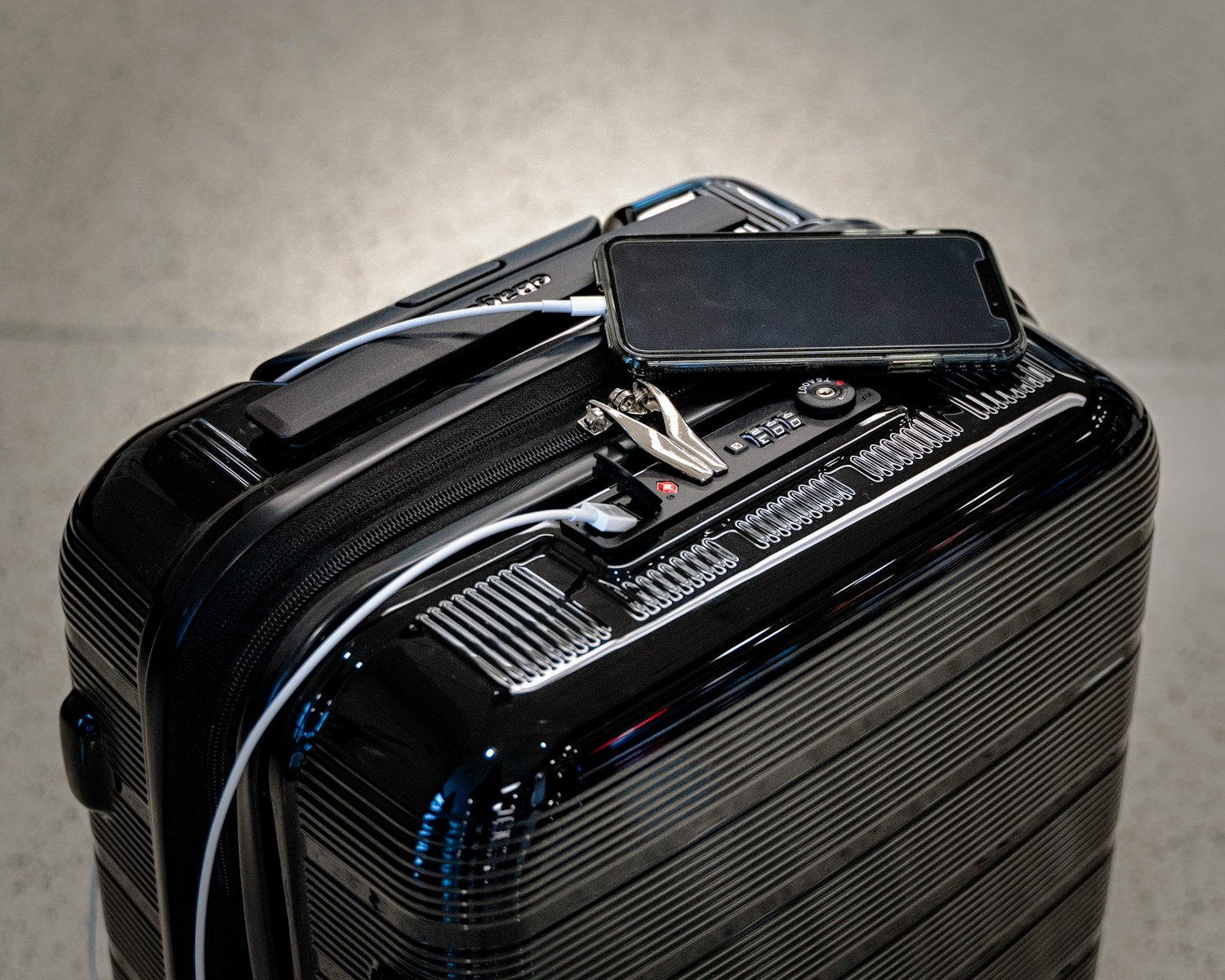Travel—it’s the ultimate freedom. For frequent travelers, adventure seekers, and digital nomads alike, the choice between backpack and luggage can make or break a trip. With the world as your oyster, the way you carry your belongings can define your experience. Should you go hands-free with a backpack or opt for the classic convenience of luggage? This comprehensive guide will explore the pros and cons of each option, offering insights and practical tips to help you make the best choice for your travel style.
Introduction to the Travel Gear Debate
In the realm of travel, choosing between a backpack and luggage is akin to selecting your adventure’s sidekick. Both have their champions and detractors, and the right choice depends on your personality, destination, and travel goals. This article will walk you through the benefits and drawbacks of each, providing valuable insights into how these choices affect your travel experiences.
Backpacks and luggage are more than just containers for your belongings. They shape your mobility, comfort, and the ease with which you explore new places. Whether you’re a city explorer or a mountain trekker, understanding the strengths and weaknesses of each option can lead to a more fulfilling travel experience.
The goal is to arm you with knowledge, enabling you to travel smarter and more efficiently while staying true to your adventurous spirit.
Pros and Cons of Backpacks
Mobility and Versatility
One of the key advantages of backpacks is their unparalleled mobility and versatility. When you’re navigating bustling city streets or trekking through rugged trails, having both hands free makes a world of difference. A backpack sits snugly on your shoulders, distributing weight evenly and allowing you to move with ease. This mobility is particularly valuable for adventure seekers and digital nomads who thrive on spontaneous exploration.
Packing Efficiency
Another advantage of backpacks is their packing efficiency. Many backpacks come with multiple compartments and pockets, making organization a breeze. You can separate your belongings based on type or frequency of use, ensuring that everything has its place. However, the limited capacity of backpacks can be a drawback, especially for those who need to pack for longer trips or carry specialized gear.
Potential Discomfort
While backpacks offer many benefits, they are not without their downsides. One of the primary concerns is potential discomfort. Carrying a heavy backpack for extended periods can lead to strain on your back, shoulders, and neck. It’s crucial to choose a backpack with ergonomic design, padded straps, and adjustable features to minimize discomfort. Additionally, the lack of structure in most backpacks means that items can shift around, potentially causing imbalance and discomfort.
Pros and Cons of Luggage
Convenience and Organization
Luggage, on the other hand, excels in convenience and organization. With structured compartments, built-in dividers, and external pockets, luggage offers an organized way to pack your belongings. This is ideal for travelers who value order and prefer not to rummage through their bags to find what they need. Luggage allows you to neatly separate clothing, toiletries, electronics, and more, ensuring easy access and efficient packing.
Capacity and Protection
Another major advantage of luggage is its capacity and protection. Unlike backpacks, luggage can accommodate larger volumes, making it suitable for long trips or when carrying bulky items. Many pieces of luggage also come with reinforced exteriors, safeguarding your belongings from impact and weather conditions. This makes luggage a reliable choice for those traveling with valuable or fragile items.
Weight and Maneuverability
However, luggage comes with its own set of challenges. The weight and maneuverability of luggage can be limiting, especially in crowded or uneven environments. Pulling a suitcase behind you can be cumbersome, particularly when navigating stairs, narrow streets, or public transportation. Additionally, the added weight of luggage can incur extra fees from airlines, further complicating your travel plans.
Tailoring to Travel Styles
Urban Exploration
For travelers who enjoy urban environments, both backpacks and luggage can be viable options. However, the choice ultimately depends on your itinerary and preferences. Backpacks offer the advantage of hands-free mobility, allowing you to easily explore city streets, visit attractions, and hop on public transport. On the other hand, luggage provides the organization needed for a polished urban look, with the ability to store souvenirs and shopping finds.
Hiking and Adventure Travel
When it comes to hiking and adventure travel, backpacks are often the preferred choice. Their lightweight design and ergonomic features make them suitable for carrying essentials like water, snacks, and outdoor gear. The versatility of a backpack allows for quick adjustments and changes in terrain, whether you’re climbing a mountain or walking through a forest trail.
Long-Term Travel
For long-term travelers and digital nomads, luggage offers the capacity and durability needed for extended journeys. If you plan to stay in one location for an extended period, luggage provides ample space for clothing, work equipment, and personal items. Its structure and protection ensure that your belongings remain intact and accessible throughout your travels.
Packing Tips for Backpacks and Luggage
Maximizing Space in a Backpack
To maximize space in a backpack, consider using packing cubes or compression bags. These help organize your belongings while minimizing bulk. Rolling your clothes instead of folding them can also save space and reduce wrinkles. Prioritize items based on frequency of use, placing essentials in easily accessible compartments.
Efficient Packing for Luggage
For luggage, efficient packing is all about organization. Use dividers and packing organizers to separate clothing, shoes, and accessories. Consider layering delicate items with soft clothing to prevent damage. Make use of every inch by utilizing the pockets and compartments available in your suitcase.
Minimizing Discomfort
Whether using a backpack or luggage, minimizing discomfort is key. For backpacks, ensure proper weight distribution by adjusting straps and using a hip belt if available. For luggage, pack heavy items near the wheels for balance and stability. Be mindful of weight restrictions and pack only what you need to avoid unnecessary strain.
Real-Life Case Studies and Testimonials
Adventure Seekers’ Experiences
Adventure seekers often favor backpacks for their flexibility and freedom. Emma, an avid hiker, shares her story of scaling Mount Kilimanjaro with her trusted backpack. “Having both hands free allowed me to focus on the climb and take in the breathtaking views,” she says. “The compartments in my backpack kept everything organized, so I knew exactly where my gear was.”
Digital Nomads’ Insights
Digital nomads, on the other hand, find value in the organization and capacity of luggage. Mark, a freelance writer living in Bali, highlights the convenience of his lightweight suitcase. “I can fit all my work equipment, clothes, and even some souvenirs in my luggage,” he explains. “It’s easy to wheel around, and I never have to worry about losing anything important.”
Frequent Travelers’ Perspectives
Frequent travelers, like Sarah, appreciate the balance between backpacks and luggage. She shares her experience of traveling through Europe with both options. “For day trips, I used my backpack to explore cities,” she recalls. “But for longer stays, my luggage provided the storage and protection I needed for my belongings.”
Conclusion and Final Thoughts
In the timeless debate between backpacks and luggage, there is no definitive winner. The choice depends on your travel style, destination, and personal preferences. By understanding the advantages and limitations of each option, you can make an informed decision that enhances your travel experience.
Remember, travel is about exploration and discovery. Whether you choose a backpack or luggage, the key is to stay true to your adventurous spirit and enjoy the journey.




